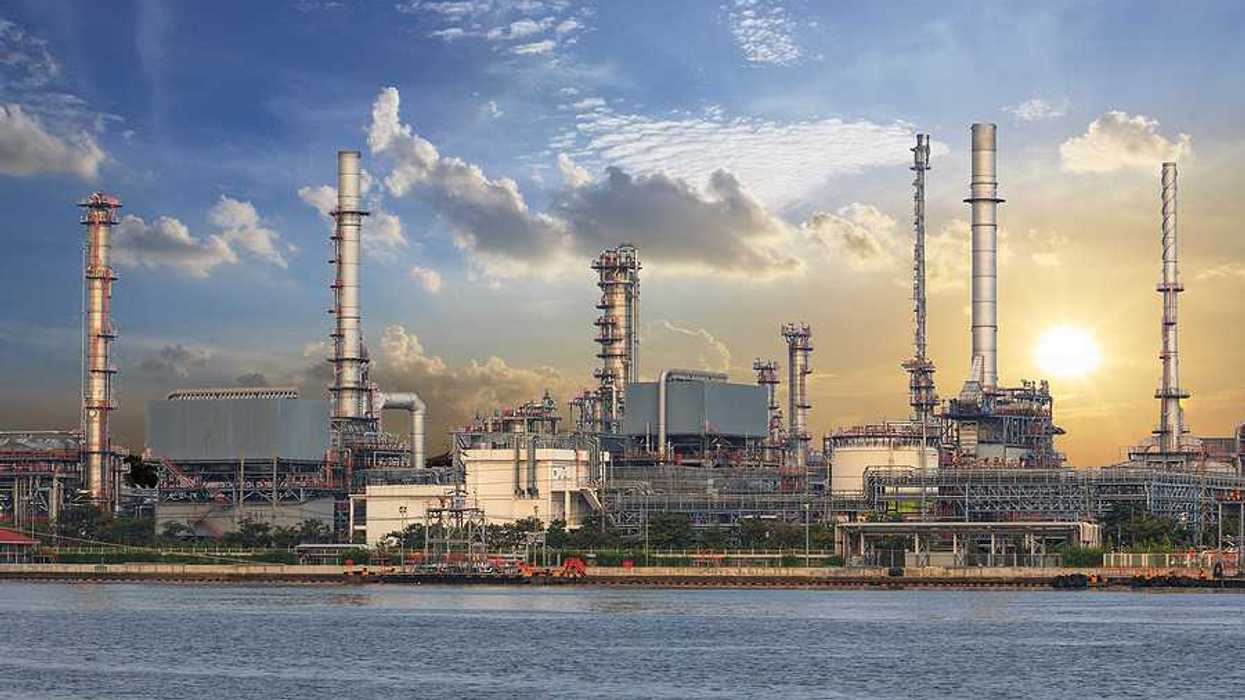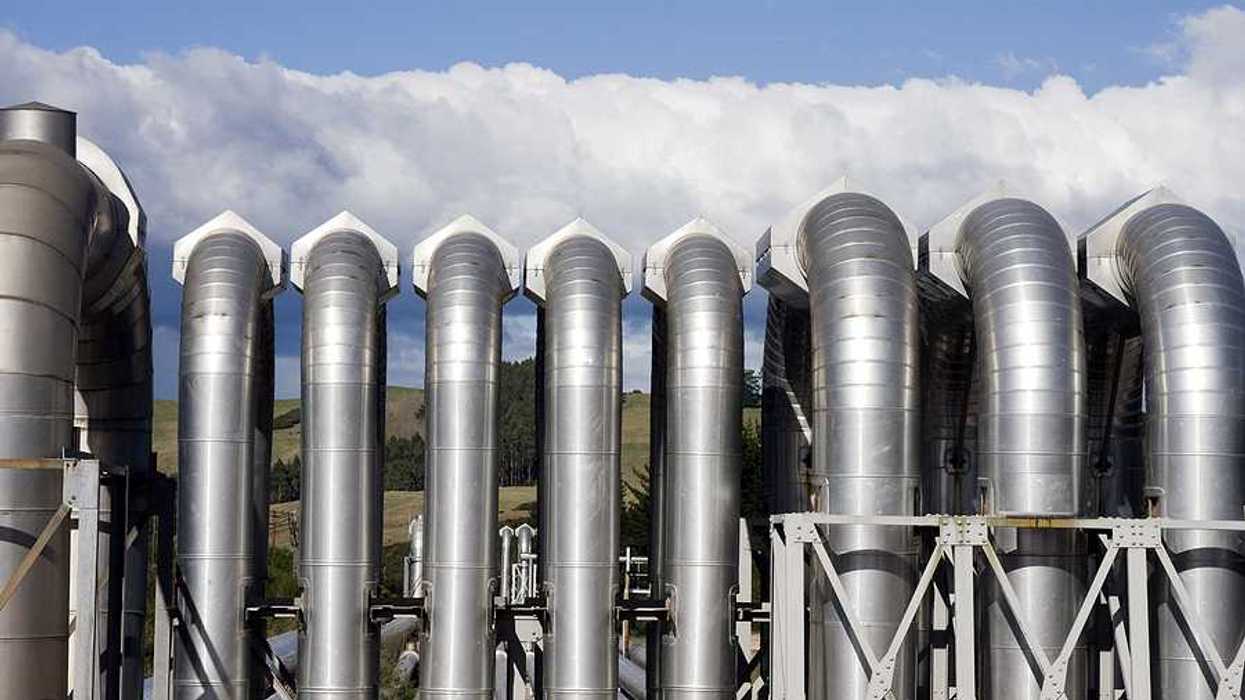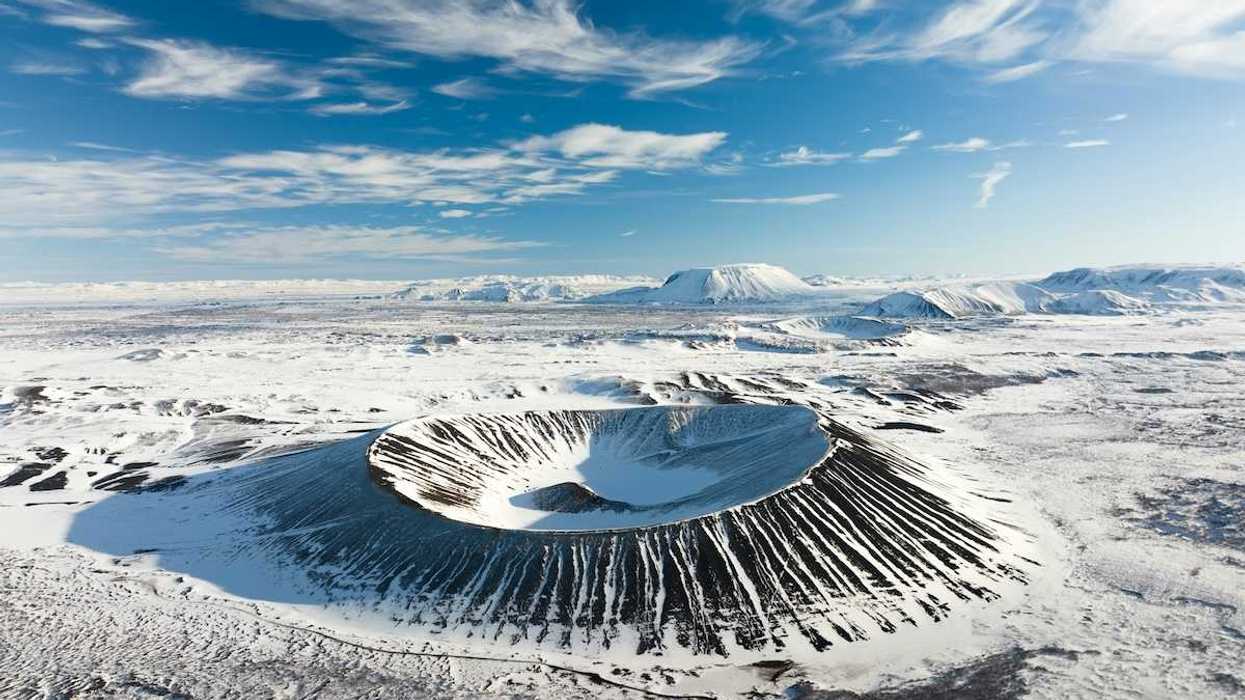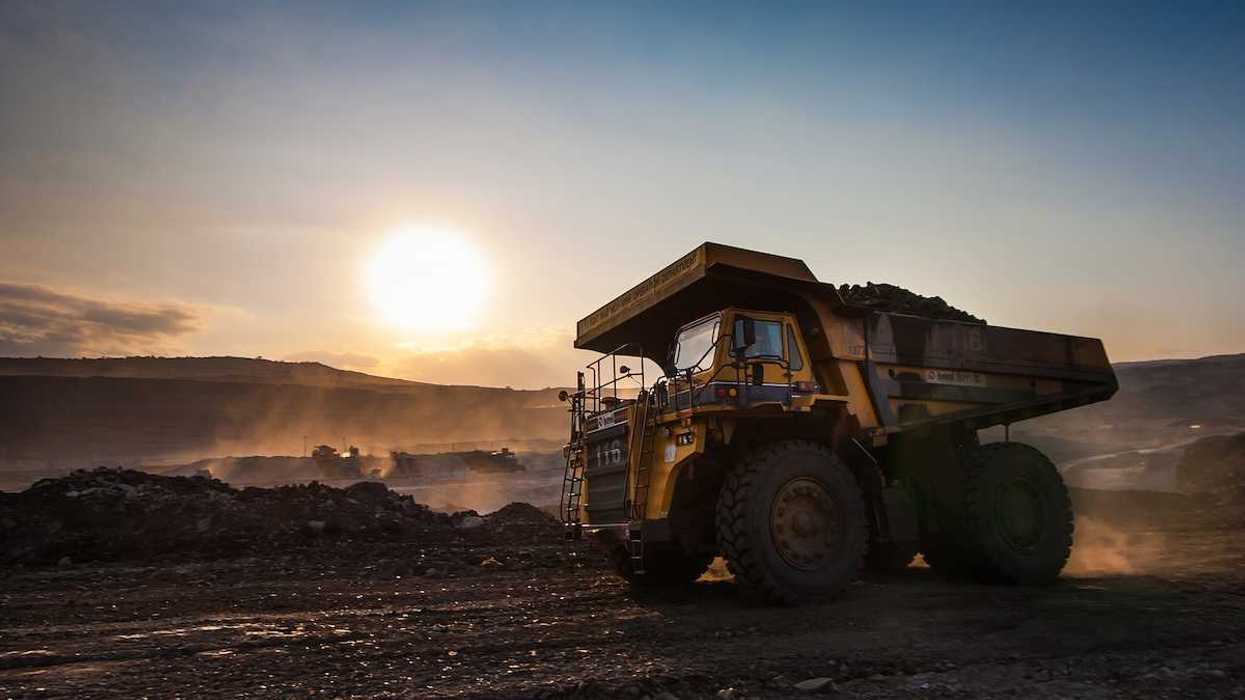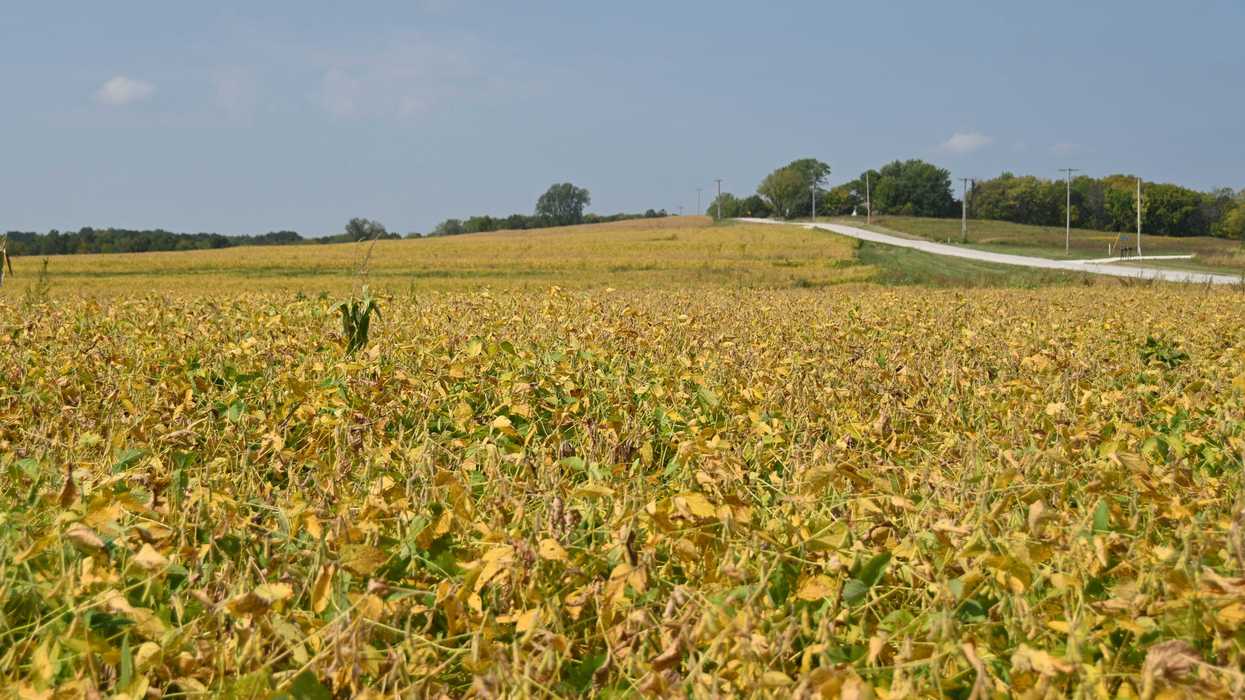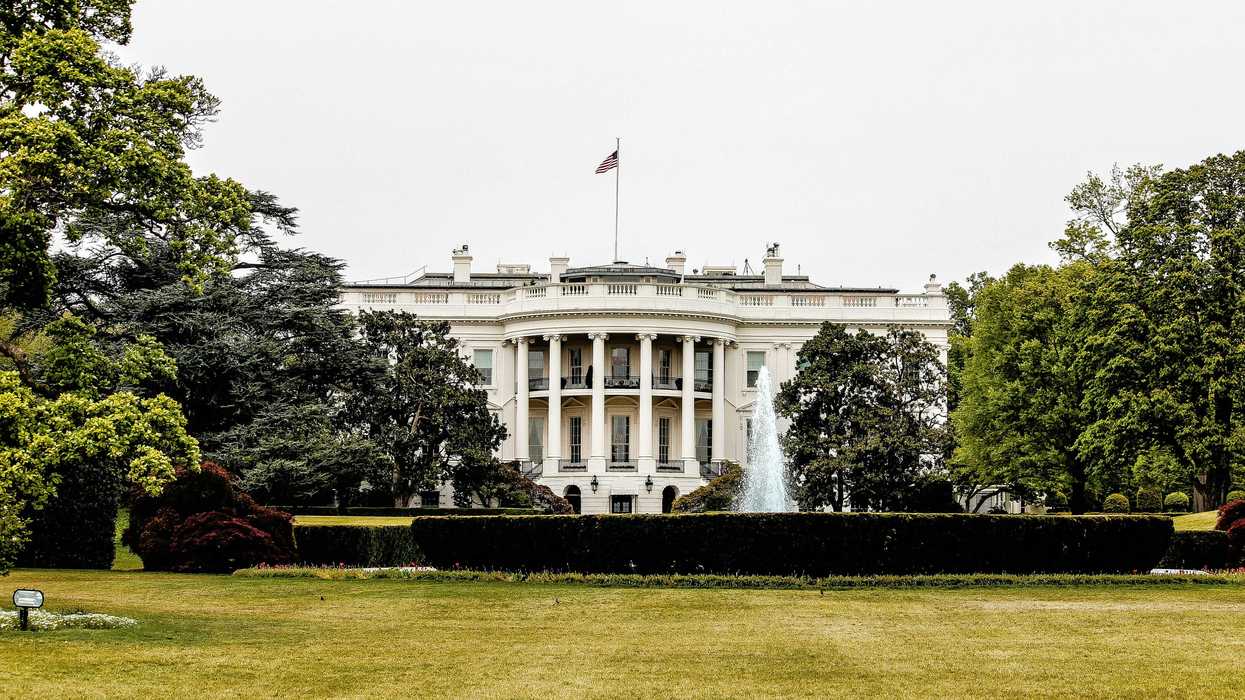Cyclone Chido caused widespread devastation in Mozambique and Malawi, displacing thousands and highlighting the growing threat of extreme weather fueled by climate change.
Mimi Mefo Takambou and Josephine Mahachi report for Deutsche Welle.
In short:
- Cyclone Chido brought winds of up to 160 mph and heavy rains, killing at least three people in Mozambique and destroying homes, schools and infrastructure.
- Displacement and emergency shelter needs remain significant, with access to some districts hampered by power outages.
- Experts link rising Indian Ocean temperatures to the increasing frequency and intensity of such cyclones.
Key quote:
"It's all because with global warming, the temperatures on the Indian oceans are increasing more than normal. And that is creating a conducive environment for these cyclones to develop."
— Lucy Mtilatila, director of Climate Change and Meteorological Services in Malawi
Why this matters:
Rising global temperatures are making extreme weather events more frequent and severe, with devastating impacts on vulnerable regions. Building resilient infrastructure and addressing the root causes of climate change are critical for mitigating future disasters.


